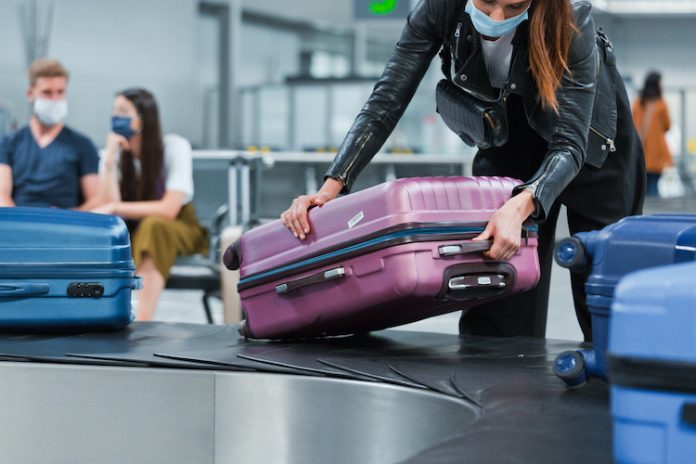Through the pandemic, Deloitte has been conducting a series of weekly surveys around the United States to better understand the interplay between personal safety and economic vulnerability as a driver of purchase decisions and consumer behavior. The most recent iteration of Deloitte’s Global State of the Consumer Tracker fielded between January 22 and 27, 2021, surveyed 1,000 U.S. consumers. As nearly 30 million vaccine doses have been administered in the United States, the latest responses show improving travel intentions and increasing consumer activity, pointing to a gradual recovery in the travel sector.
Six weeks after COVID-19 vaccine distribution began in the United States, more than 50 percent of U.S. adults reported that they expect to be fully vaccinated in the next six months, according to Deloitte’s latest Global State of the Consumer Tracker. As a result of the vaccine rollout, the percentage of U.S. adults who reported feeling safe staying in a hotel and flying reached the highest levels since April 2020 at 46 percent and 34 percent, respectively. Of those already vaccinated, 70 percent feel safe staying in a hotel and 54 percent feel safe flying. More than half (53 percent) of those already vaccinated are likely to spend more on travel in the next four weeks compared to 30 percent for the overall population, according to the survey. Over the next three months, vaccinated consumers indicate that they are two times more likely to take a domestic flight and 1.7 times more likely to stay in a hotel than the rest. These vaccinated consumers are also more likely to engage in activities such as renting a car (63 percent) and booking a private accommodation (61 percent).
“After being virtually homebound for the last year, the vaccine rollout is providing consumers with an increased sense of safety, meaning they are ready to get back on the road and in the air,” said Ramya Murali, principal, Deloitte Consulting LLP and U.S. hospitality leader. “Travel intentions across all categories have increased, which should be welcome news for restaurants, hoteliers, airlines, and a host of other consumer and hospitality-focused businesses who have been preparing for this shift with increased safety measures to instill confidence for the long-term.”
While travel intentions and activity are starting to rise, consumers are still somewhat cautious and leisure travel plans may not fully return to pre-pandemic levels, according to Deloitte’s survey. Post-pandemic, 35 percent of consumers said they will eat out less at restaurants than they did prior to COVID-19. Similarly, 37 percent of consumers said they will fly less often than before the onset of the pandemic, and 36 percent expect to have fewer hotel stays. Consumers also indicated that post-pandemic they expect to continue to work from home at a level six times higher than pre-pandemic levels (30 percent versus 5 percent in 2019). However, near-term, things are looking up; booking intentions are improving heading into spring, with 38 percent expecting to stay in a hotel over the next three months—the highest percentage since the onset of the pandemic. Additionally, 30 percent plan to take a domestic flight in the next quarter, also a pandemic high.
“While this early-spring time period would usually be filled with spring break trips, many upcoming vacations have been canceled, or are in doubt, because of the pandemic,” said Anthony Jackson, principal, Deloitte & Touche LLP and U.S. airlines leader. “However, consumers are beginning to look post-vaccination. With pent-up travel demand, we expect that many consumers look forward to the ability to travel freely, and responsibly, once again.”











